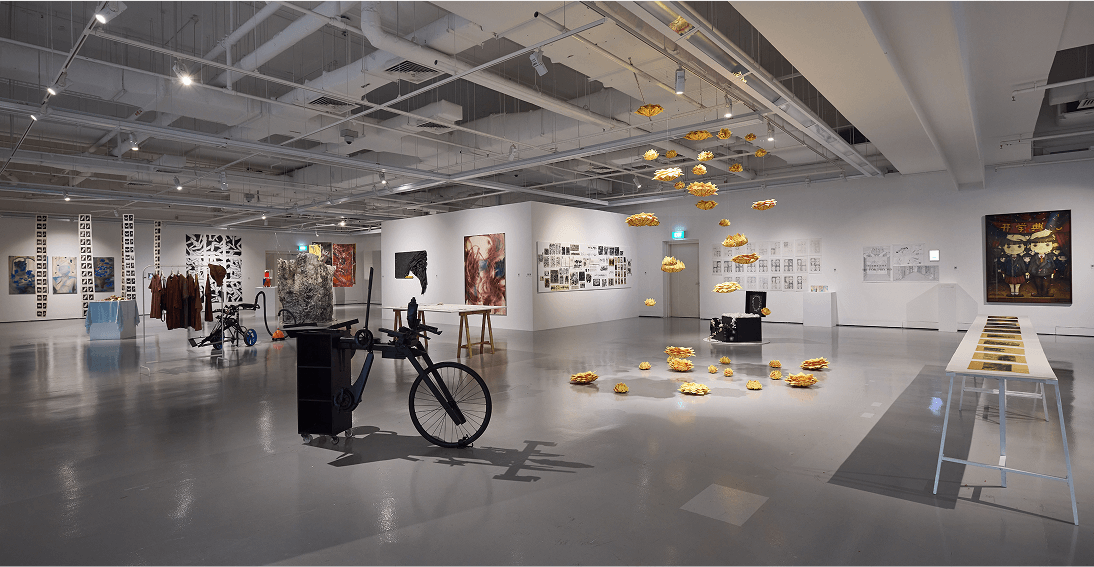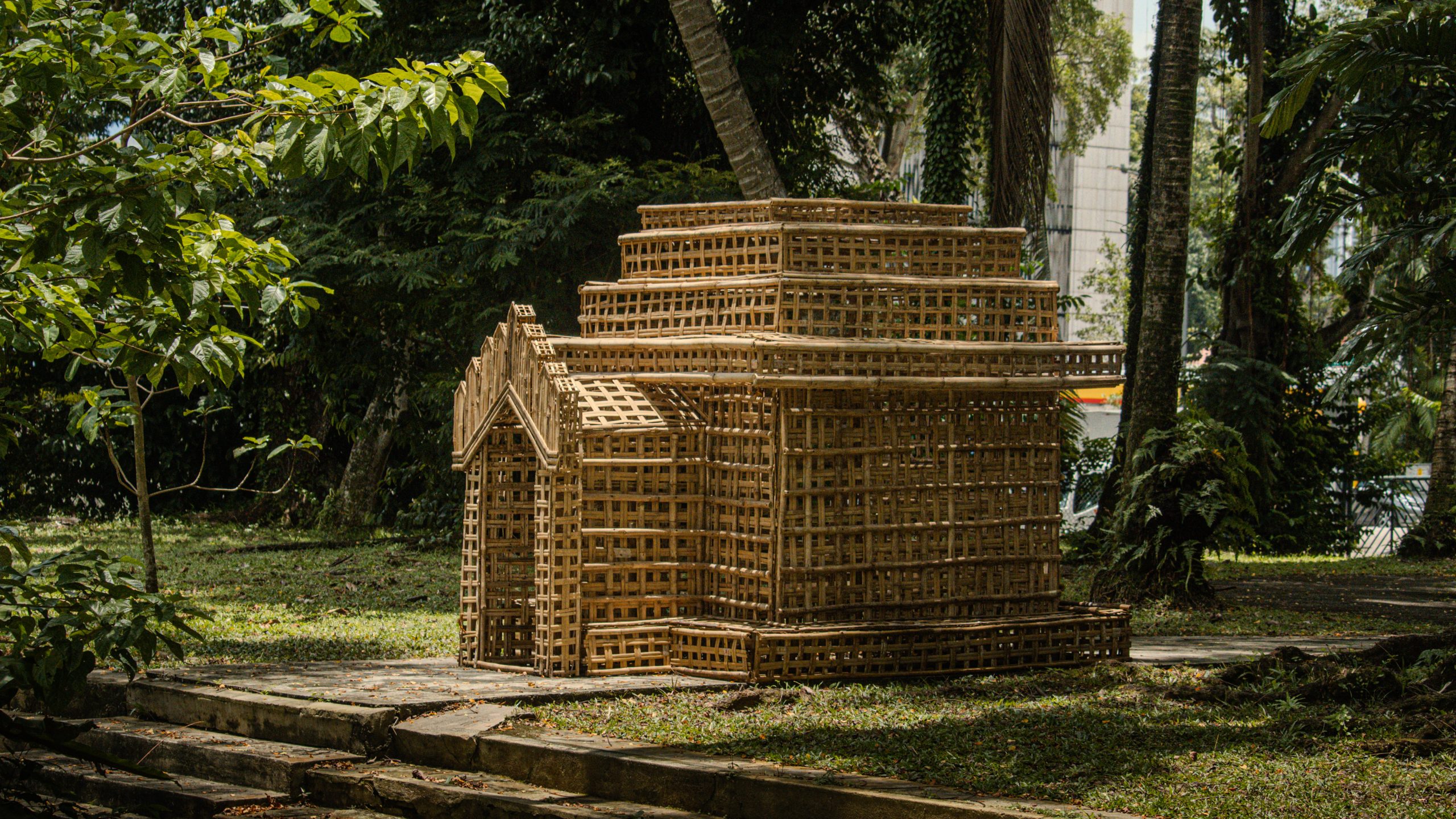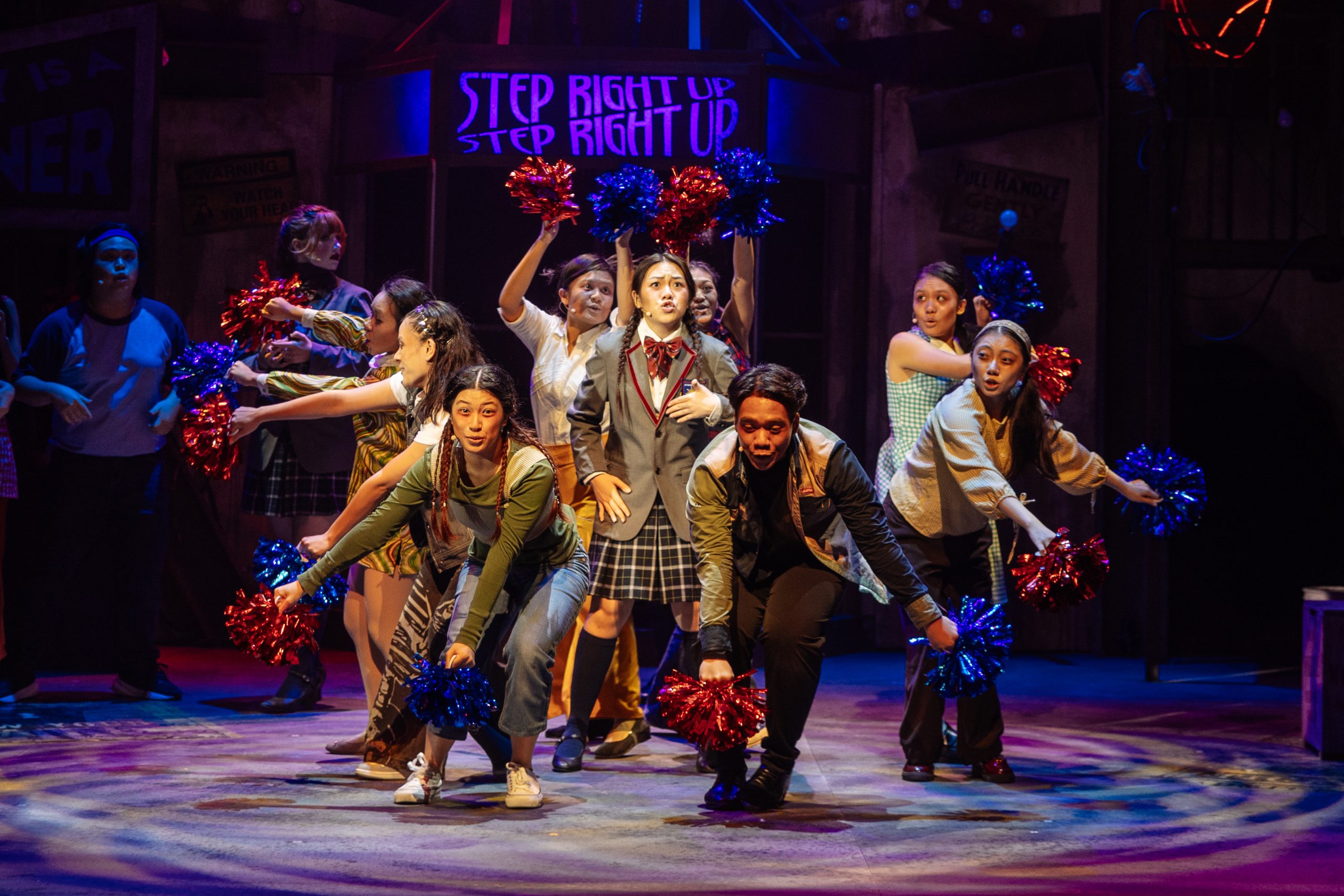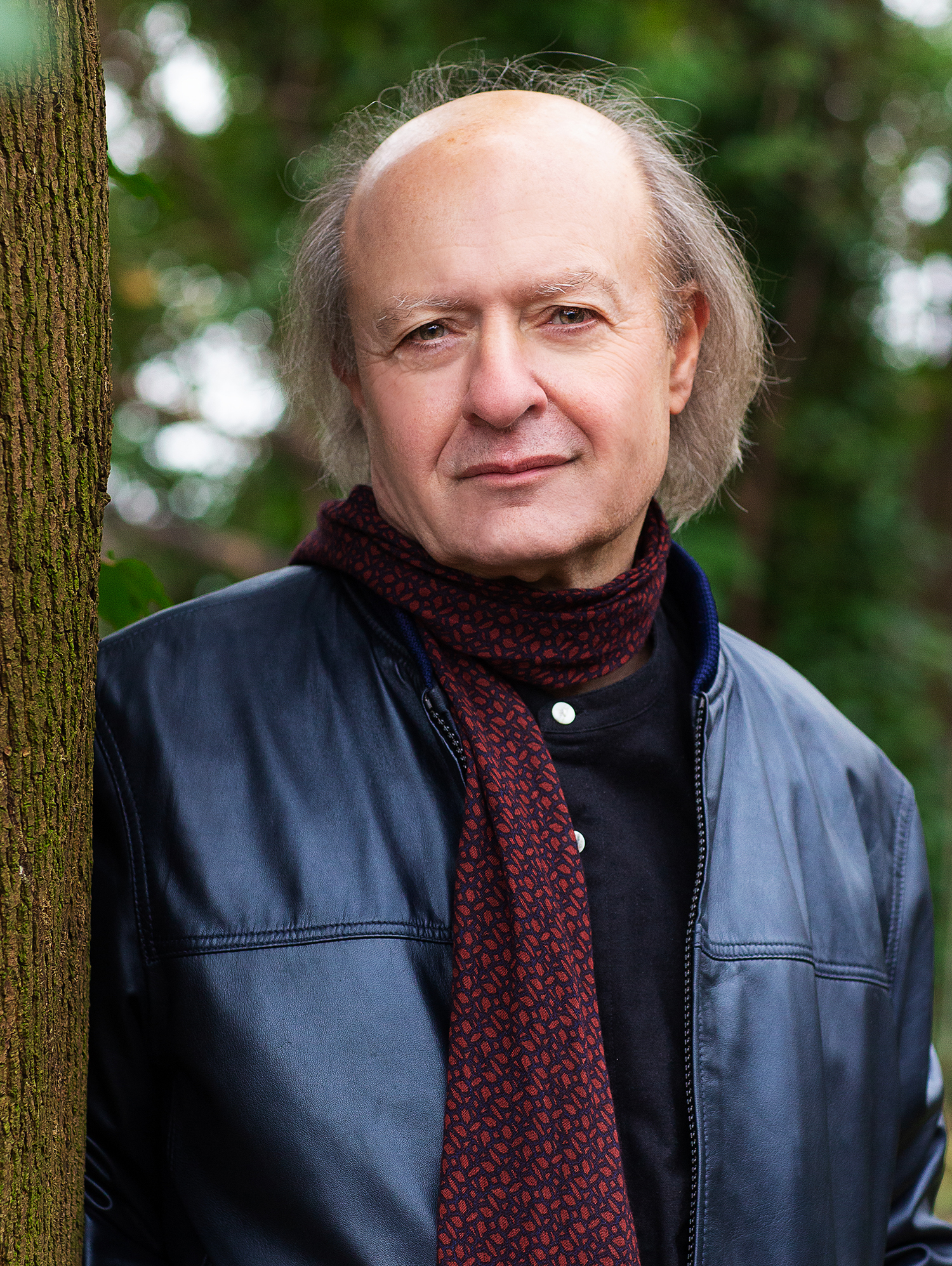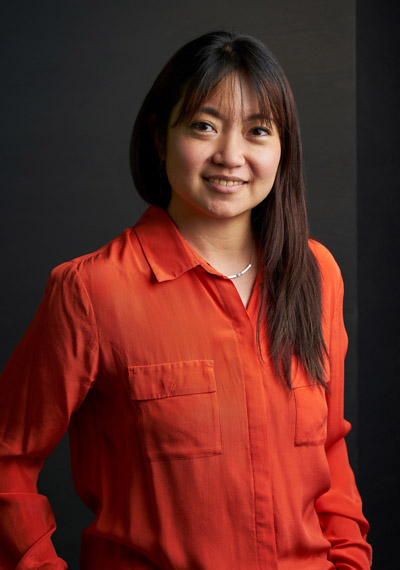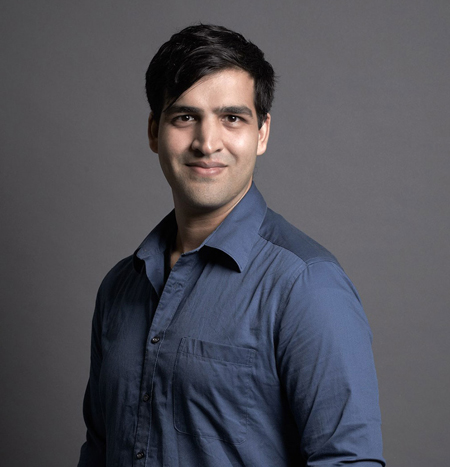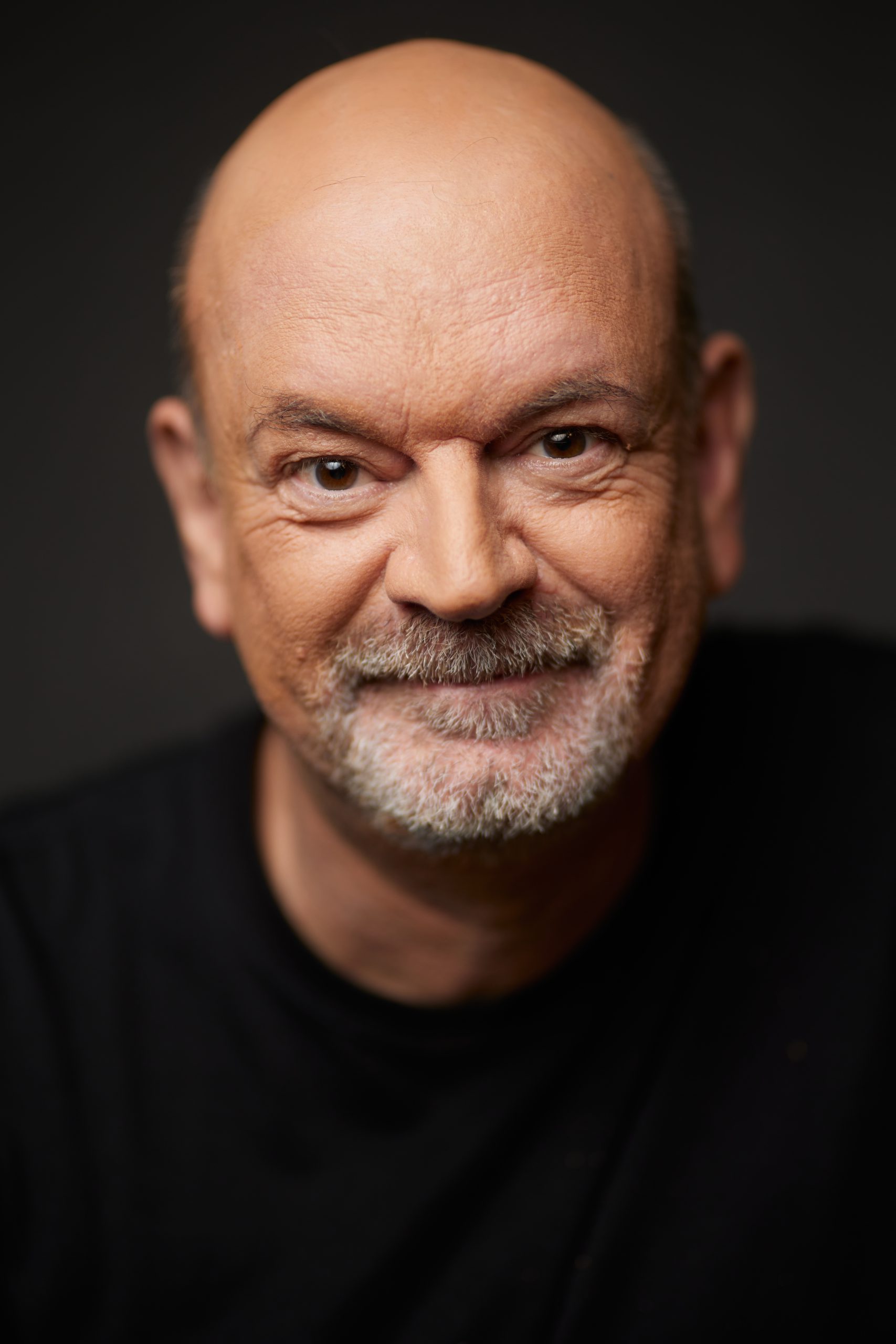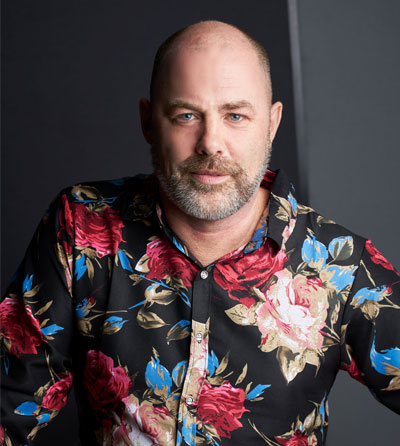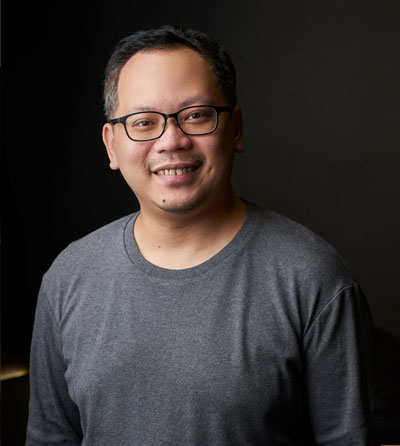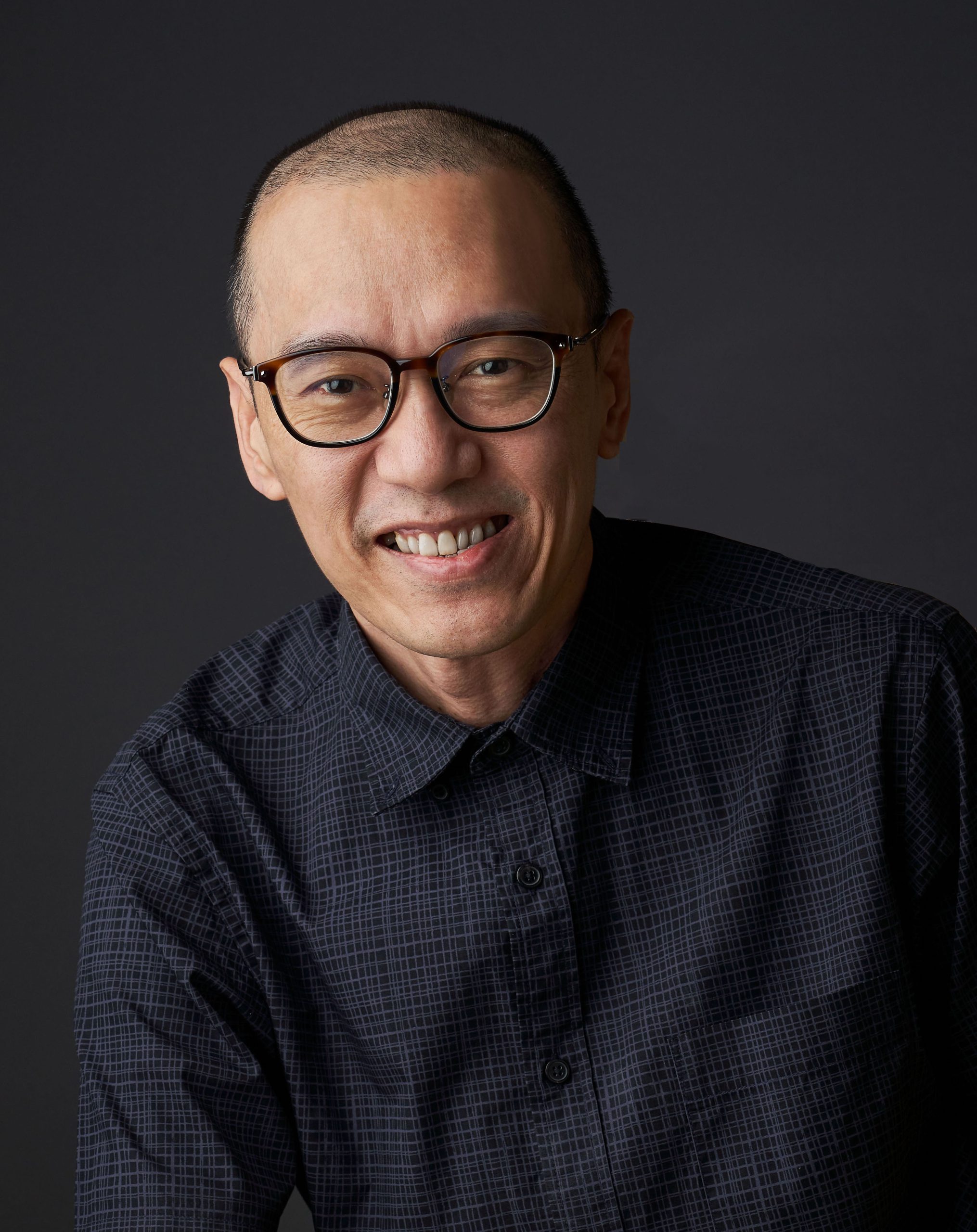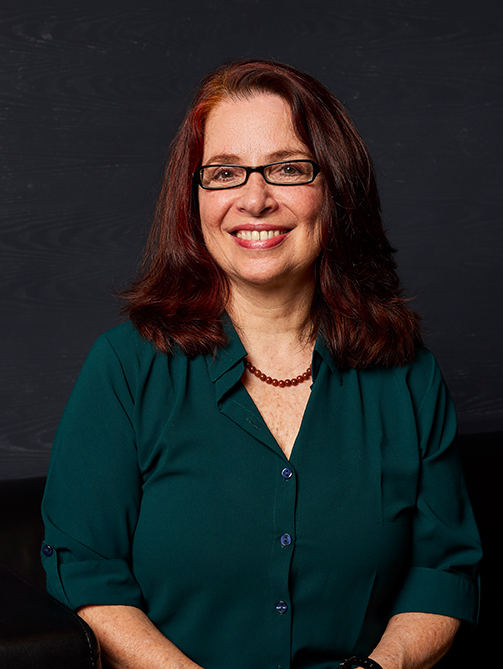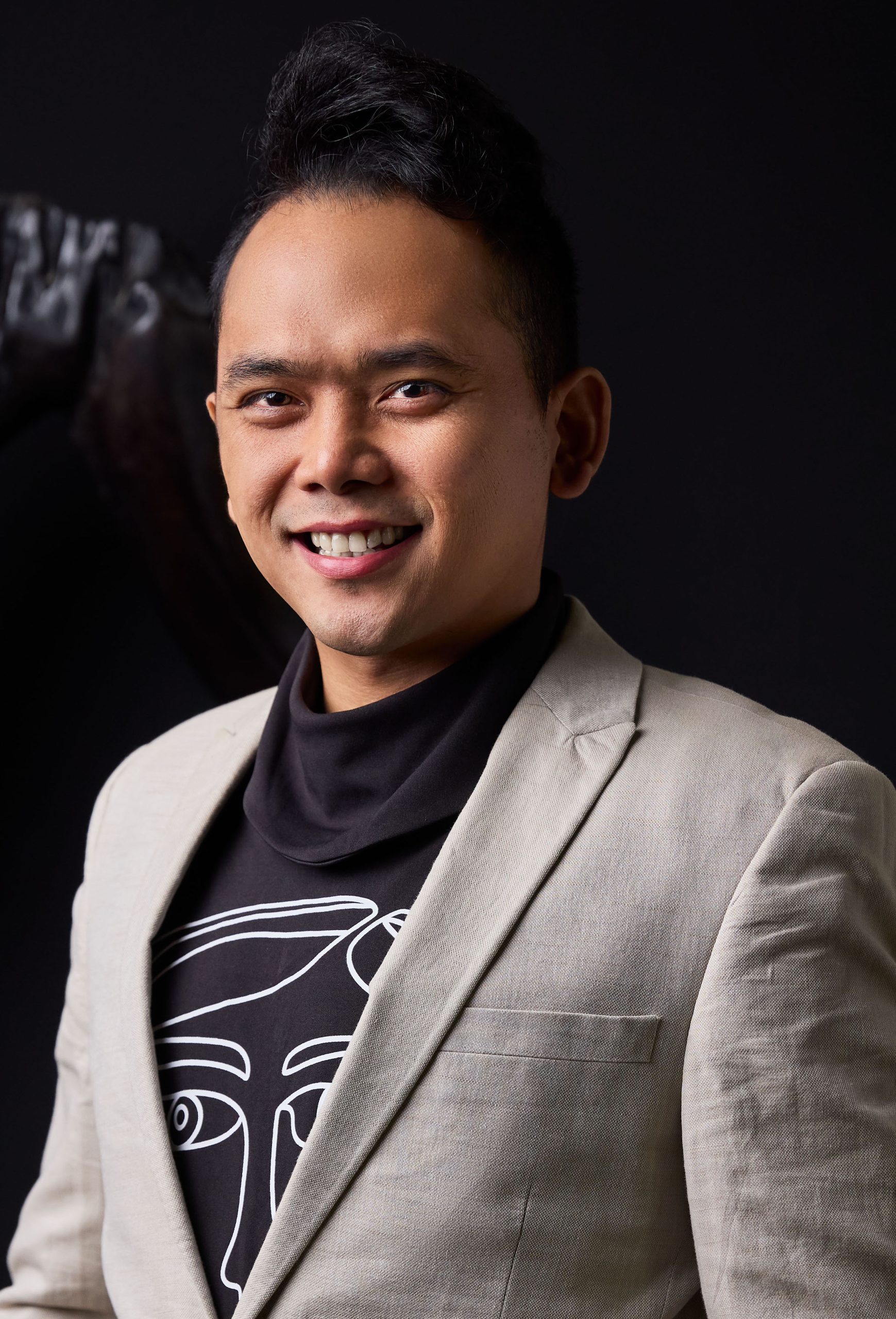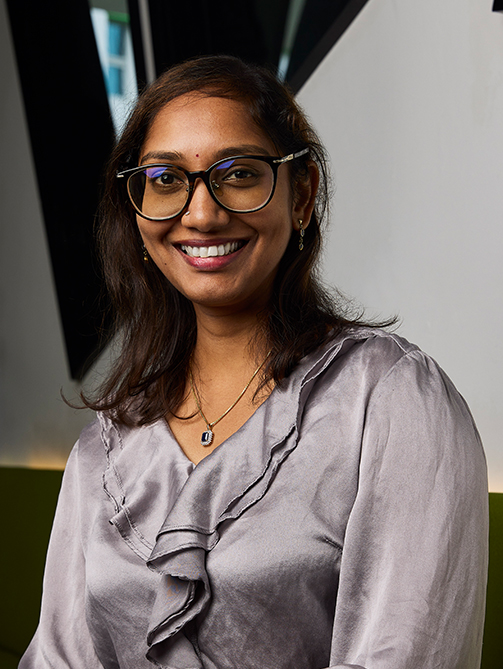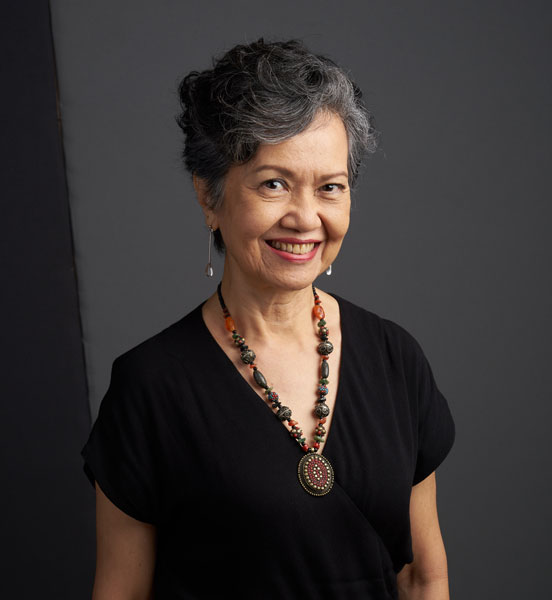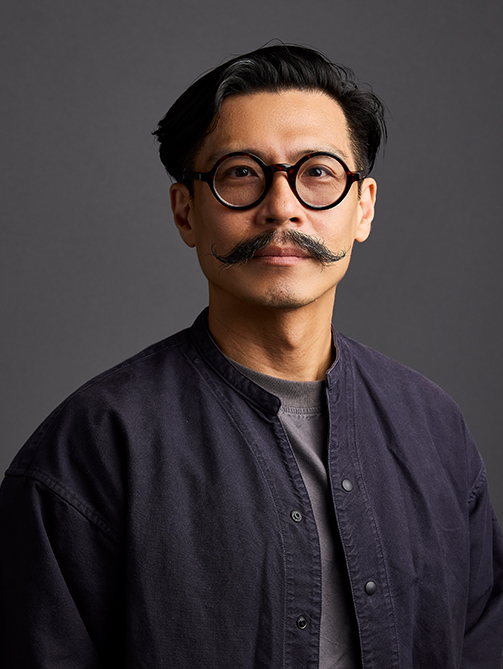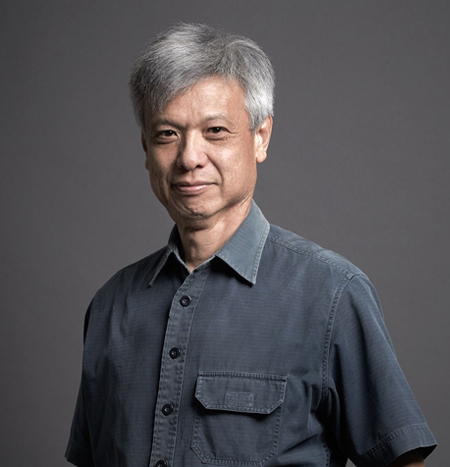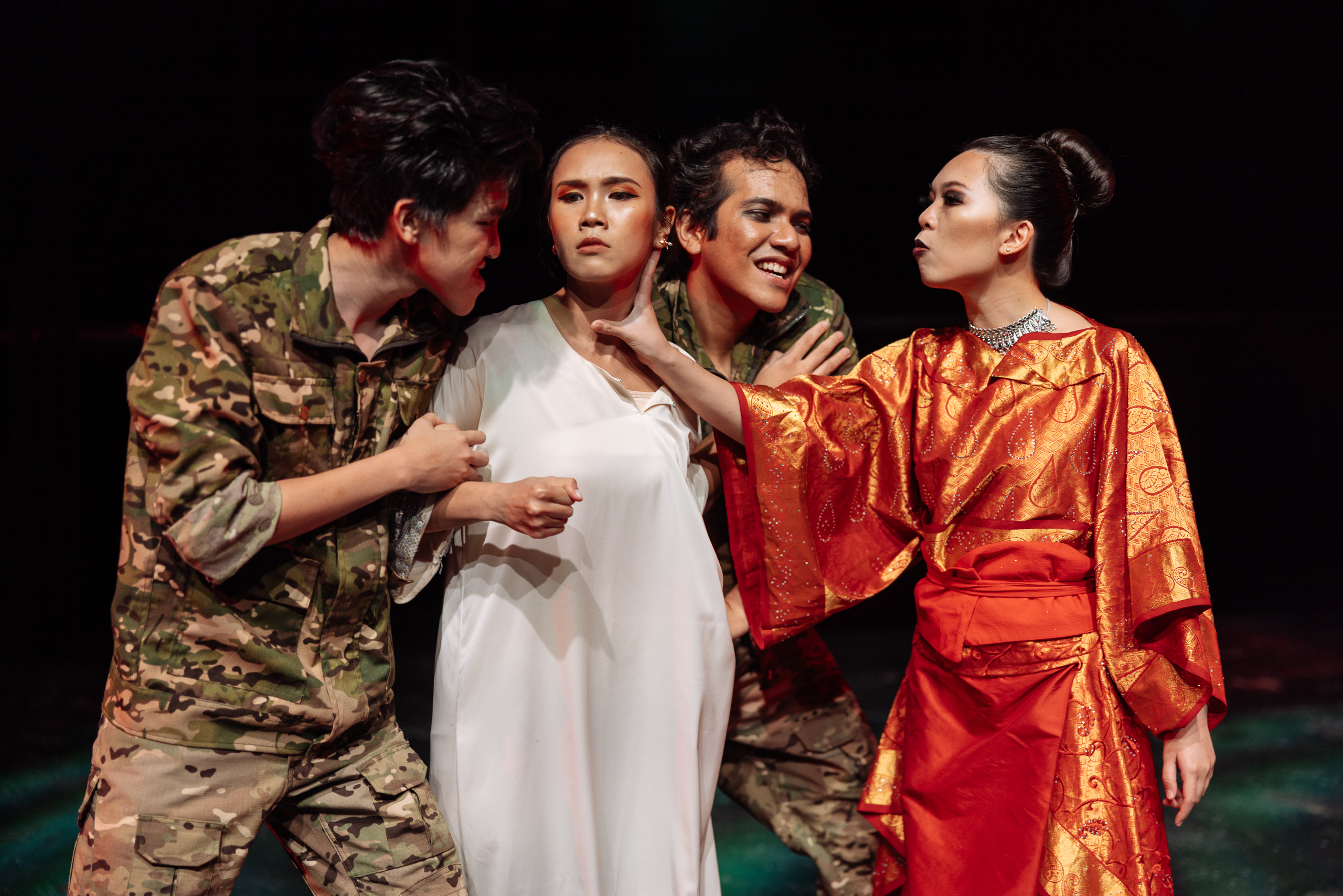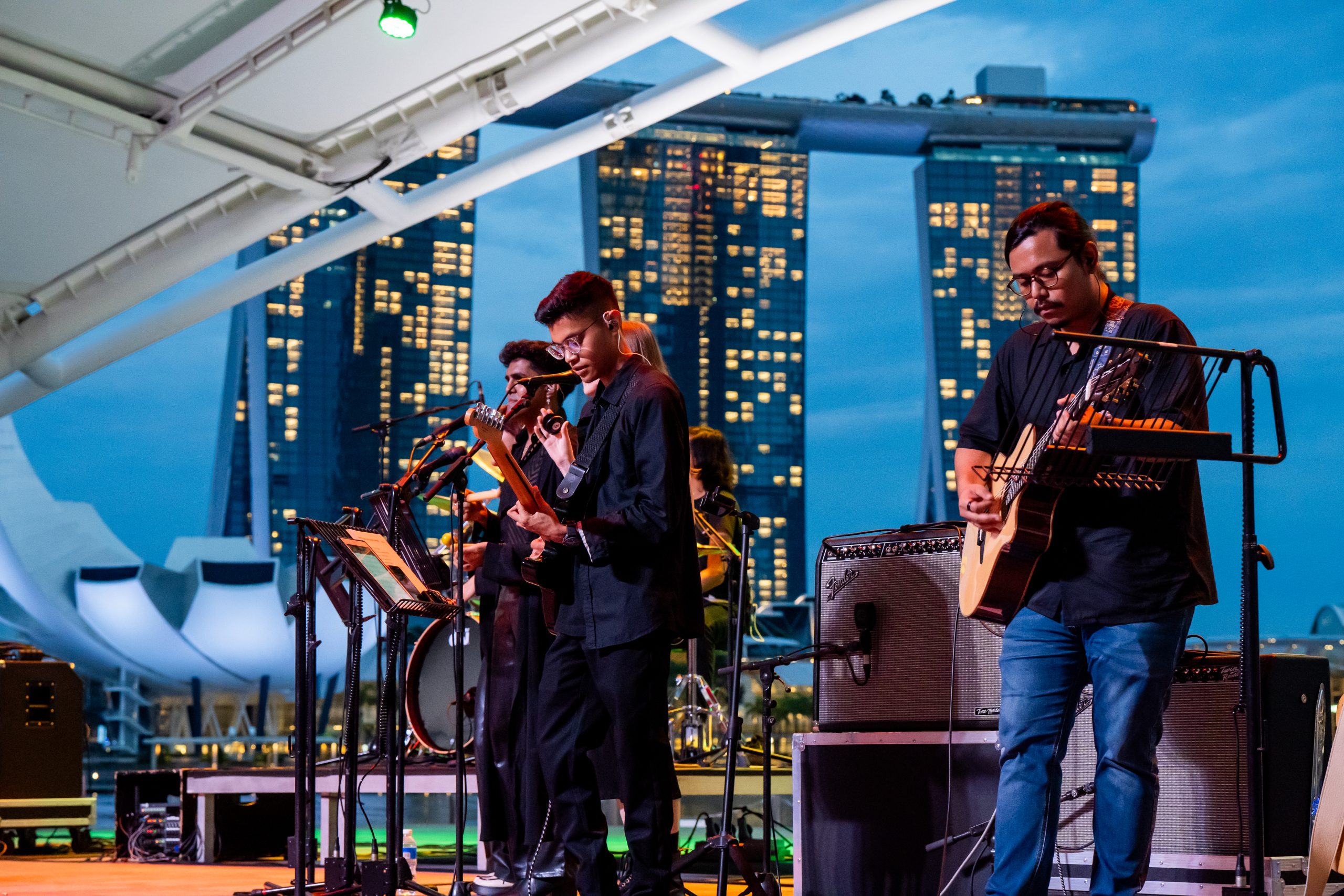Apply by 31 Mar 2026
Application outcomes will be announced by 20 May 2026
Applications are closed for the following programmes:
BA (Hons) Design Communication, BA (Hons) Design for Social Futures (open for local applicants only).
Note
Applications will close once the programme seats have been filled up. Please note that the timeline provided serves as a general guide. Actual outcome release dates may vary.
For local BA (Hons) applicants only:
Shortlisted applicants will be contacted for an interview from Feb 2026 onwards. Application outcomes will be announced progressively by May 2026.
Programme details
Become a confident ‘triple threat’ musical theatre artiste and professional.
The world of musical theatre is diverse and colourful, with new musical works being brought alive everywhere by performers, directors, choreographers, designers and musicians.
As an art form, it attracts a sophisticated viewership across the globe. While technical advances have transformed stage productions into rich visual spectacles, highly trained and gifted performers remain integral to the success and growth of the genre.
The BA (Hons) Musical Theatre programme provides world-class education for gifted young performers. Internationally unique as an honours degree – the first of its kind in Asia – it is designed to prepare you for a professional career in musicals, plays, cabarets, film and television. Graduates are employed in the region, as well as the UK, Europe, US and Australia.
Contemporary musical theatre demands that all performers can sing, dance and act with equal skill – a ‘triple threat’. This programme trains such future professionals in these disciplines and gives you a rich historical and cultural context from which to interpret and create.
In addition to classes and workshops, you are continually involved in realising a variety of partially and fully staged theatre productions, in a range of performance venues and the digital realm. These are led by local and international professional directors, music directors and choreographers.
Originality and creativity
Industry and community networks
Embracing technology
International network
|
Year 1 |
||
|
Musical Theatre Techniques 1A |
15 credits |
|
|
Performance 1A |
15 credits |
|
|
Acting 1A |
15 credits |
|
|
Performance History and Analysis 1A |
15 credits |
|
|
Performance 1B |
15 credits |
|
|
Musical Theatre Techniques 1B |
15 credits |
|
|
Acting 1B |
15 credits |
|
|
Performance History and Analysis 1B |
15 credits |
|
|
Year 2 |
||
|
Musical Theatre Techniques 2A |
15 credits |
|
|
Performance 2A |
15 credits |
|
|
Acting 2A |
15 credits |
|
|
Performance History and Analysis 2A |
15 credits |
|
|
Musical Theatre Techniques 2B |
15 credits |
|
|
Performance 2B |
15 credits |
|
|
Acting 2B |
15 credits |
|
|
Performance History and Analysis 2B |
15 credits |
|
|
Year 3* |
||
|
Dissertation |
60 credits |
|
|
Graduation Project |
60 credits |
|
- Studio project
- Technical assignment
- Pop quiz
- Written assignment
- Research proposal outline
- Dissertation
|
The LASALLE BA (Hons) framework is a curriculum model that provides you with discipline-specific solid fundamentals while supporting you to acquire a wide range of transferable skills to prepare you for the future economy and rewarding professional life. The core curriculum forms the bedrock of the creative discipline in which you will be specialising. The focal points of the core curriculum are: |
|
|
Performance/studio practice |
Through performances and studio practices, you will be able to formulate a reflective understanding of the interplay between theory and practice within your discipline. Transferable skills such as divergent and lateral thinking and problem-solving are cultivated. |
|
Techniques and skills |
You will acquire specific techniques and skills to achieve a comprehensive mastery of your discipline at the end of Year 3 to enter the respective sector you are trained. |
|
Contextual studies |
You will learn to synthesise, critically evaluate and challenge the assumptions of the various processes, structures and practices. Contextual studies will help you to understand and explain where, how and why your ideas fit in your discipline. |
|
Global experiences |
LASALLE enhances your creative practice by exposing you to socioculturally different educational settings and nurturing global citizenship. You will have the opportunity to undertake semestral exchanges with established partner institutions up to a maximum of 60 credits. |
|
Common Curriculum |
The UAS Common Curriculum supplements the core curriculum to support you in acquiring a broader range of proficiencies, thus enabling you to respond flexibly to changing professional and sector demands. These non-credit bearing graduation requirements consist of:
|
LASALLE uses a 5–point Grade Point Average (GPA) system, which will be applicable to all students admitted to Year 1 and students admitted to Year 2 of UAS programmes with effect from AY2024/25, to track students’ academic progress throughout their studies.
Students receive letter grades for each module taken. Each grade corresponds to a grade point as shown below:
| LETTER GRADE | GRADE POINT |
| A+ | 5.0 |
| A | 5.0 |
| A– | 4.5 |
| B+ | 4.0 |
| B | 3.5 |
| B– | 3.0 |
| C+ | 2.5 |
| C | 2.0 |
| D+ | 1.5 |
| D | 1.0 |
| F | 0.0 |
The Cumulative Grade Point Average (CGPA) represents the grade point average of all modules attempted by the student. A minimum CGPA of 2.00 is required for graduation.
The computation of CGPA is as follows:
All modules, including repeat attempts, are included in the computation of the CGPA with the exception of modules that are exempted or where students were absent with valid reasons.
The classification of award and corresponding CGPA requirement are as follows:
| CGPA RANGE | CLASSIFICATION OF AWARD |
| 4.50 – 5.00 | Honours (Highest Distinction) |
| 4.00 – 4.49 | Honours (Distinction) |
| 3.50 – 3.99 | Honours (Merit) |
| 3.00 – 3.49 |
Honours (Commendation) |
| 2.00 – 2.99 |
Honours |
LASALLE recognises the important role of artists and designers in creating a sustainable and caring world. The curriculum provides opportunities for students to identify and explore issues around sustainability (from ecology and global climate change to the sustainability of their own creative practices and wider cultural communities) and care (for the well-being and advancement of oneself and others).
The College actively encourages students to engage with and investigate these crucial contemporary issues as part of their studies, including through their projects, and critical and creative outputs. Through interdisciplinary learning and strong engagement with these topics, the aim is to empower students to lead the way towards sustainable practices and caring communities within the cultural and creative industries.
Basic materials for learning are provided by the College.
As a developing artist, you are required to have certain items that are personal to you and cannot be shared. Such items include books, dance shoes, rehearsal clothes, safety boots, portable musical instruments, paints, canvas, basic tools, design software, cameras, etc., that will support you through your three-year learning journey. The College does not encourage the purchase of extravagant or costly materials or equipment. Our lecturers can provide you with affordable suggestions.
You are also encouraged to have your own laptop for education. If you do not own one, computer labs are available on campus with requisite software for you to undertake your work.
There may be opportunities for you to undertake extra-curricular study trips to enhance your overall learning. Trips are not compulsory and may incur additional costs.
Actor in plays, film, television and radio, performer in musicals, events and multimedia productions, writer or educator.
Admissions information
A two-step process is put in place to determine your suitability for the programme:
- Prepare and go through an audition based on the requirements outlined below.
- Attend an online interview upon meeting the audition requirements.
Audition
You will need to prepare to demonstrate your aptitude for singing, acting and dancing based on the following:
- Singing
You must perform two songs from memory, in English. Each song should be from a musical theatre source in contrasting styles (e.g. one ballad and one uptempo song) which appropriately showcases your range and technique. The combined duration of the songs should not exceed five minutes. (i.e. around 2.5 minutes for each song).
All songs must be performed with live piano accompaniment, no backing tracks are allowed. You may bring your own accompanist or use the accompanist provided. You must bring the music of your songs in the key in which you will perform. Please ensure that the music is either taped to fold out or inserted in a folder.
- Acting
You are required to prepare and present one 2–3 minute dramatic ‘modern’ monologue either from the list provided, or one of your own choosing. You must be able to convey the character and journey in both singing and acting pieces.
Download male monologues Download female monologues
- Dancing
You are required to work with a choreographer in the studio to perform a short choreography dance piece to demonstrate your ability to pick up dance movements and execute them in succession as a performance. You will be required to perform various dance combinations, inclusive of jumps and leaps that demonstrate your full physical mobility, range of physical movement and overall coordination. You will be assessed based on your ability to show a grounding in techniques, flexibility in taking directions as well as a desire to take risks as a performer. It is advisable that you wear loose fitting clothing that allows you to move easily.
Interview
Shortlisted applicants will be contacted for an online interview. During the interview, you are required to participate in a dialogue regarding your audition pieces. Be prepared to talk about your work, what inspires you and your influences. Tell us what motivates you to learn, explore and experiment in your areas of interest. You should also share how you think the programme will help you in your future career choices.
International applicants
If you cannot attend the audition at LASALLE, an online audition will be arranged for you.
BA (Hons) tuition fees for August 2026 intake (per annum fees)^
^ With the exception of BA (Hons) International Contemporary Dance Practices (see fee table below).
** With the exception of BA (Hons) Design for Social Futures, BA (Hons) International Contemporary Dance Practices and BA (Hons) Music Business which are non-funded programmes.
* Singapore PRs and International students who choose to take up the Tuition Grant (TG) will need to make an online application and then sign the TG Deed with the Government of Singapore. Under the terms of the TG Deed, you will be required to work for a Singapore entity for a period of three years upon graduation. For more information, visit https://tgs.moe.gov.sg.
BA (Hons) International Contemporary Dance Practice tuition fees for August 2026 intake (per annum fees)
| NON-FUNDED (FULL FEES) | UK HOME FEE |
INTERNATIONAL (INCLUDING SINGAPOREANS AND SINGAPORE PR) |
| Year 1 (at London Contemporary Dance School) |
£9,535 | £22,750 |
| SINGAPOREANS AND SINGAPORE PR | INTERNATIONAL | |
| Year 2 and 3 (at LASALLE College of the Arts) |
S$22,000 | S$30,380 |
NOTE
- Funded/subsidised fees for Singaporeans and Singapore PR qualify for GST subsidy from MOE, all other fees include 9% GST in 2024.
- For non-funded programmes such as BA (Hons) Design for Social Futures, BA (Hons) International Contemporary Dance Practices and BA (Hons) Music Business, LASALLE is offering some special fee discounts for Singaporeans and Singapore PRs. Please contact [email protected] for further details.
- Fees are due on the first day of each semester.
- Fees are subject to change.
- Correct as of August 2025.
A non-refundable application fee (inclusive of GST*) is chargeable per application. Application is only complete upon receipt of your application fee and all necessary documents. Please ensure your application fee is paid and documents are uploaded. LASALLE reserves the right to withdraw the applicant if the application fee remains unpaid and documents are not received by the due date.
* GST is at 9% from 2024.
| SINGAPOREAN / SINGAPORE PERMANENT RESIDENT APPLICANTS | INTERNATIONAL APPLICANTS |
| S$75 | S$120 |
All payment to LASALLE must be made in Singapore Dollar. In line with the Singapore government's move towards a cashless society, online payments are strongly encouraged. Below are the payment modes acceptable by LASALLE.
| PAYMENT METHOD | PAYMENT MODE |
|---|---|
| Online payment |
Flywire |
Basic materials for learning are provided by the College.
As a developing artist, you are required to have certain items that are personal to you and cannot be shared. Such items include books, dance shoes, rehearsal clothes, safety boots, portable musical instruments, paints, canvas, basic tools, design software, cameras, etc., that will support you through your three-year learning journey. The College does not encourage the purchase of extravagant or costly materials or equipment. Our lecturers can provide you with affordable suggestions.
You are also encouraged to have your own laptop for education. If you do not own one, computer labs are available on campus with requisite software for you to undertake your work.
There may be opportunities for you to undertake extra-curricular study trips to enhance your overall learning. Trips are not compulsory and may incur additional costs.
Medical Insurance Scheme
All full-time students of LASALLE are required to be covered under the Medical Insurance Scheme (MIS). The annual coverage of S$20,000 includes school-related activities throughout the programme duration.
The current premium rate is $29.98 (inclusive of 9% GST) payable each semester. This premium rate is subject to change based on the prevailing premiums charged by the insurer and prevailing GST rate.
In recognition of outstanding academic excellence, leadership potential, and a passion for creativity and innovation, LASALLE offers a variety of scholarships to new and current students.
Application dates for scholarships will be reflected in the various scholarship pages. Other externally sponsored scholarships are also available to students. Enquiries and applications may be directed to the respective organisations.
Please note that miscellaneous fees are not covered by scholarships, bursaries or the Mendaki Tertiary Tuition Fee Subsidy (TTFS).
We are committed to providing a quality education for all our students, and believe that no deserving student should be denied admission because of financial difficulty.
A range of financial assistance schemes, grants and loans are made available to help meet a portion of the educational expenses of students.
Application dates for financial assistance will be reflected in the various bursary pages.
Please note that miscellaneous fees are not covered by scholarships, bursaries or the Mendaki Tertiary Tuition Fee Subsidy (TTFS).
Students who are Singapore Citizens or Singapore Permanent Residents and on Tuition Grant are eligible to apply for Tuition Fee Loan of up to 90% (degree) or 75% (diploma) of the programme fees. Application opens in October each year. Please contact the Division of Finance ([email protected]) for more details.
If this is your first time venturing into Asia, here are some of the reasons why Singapore is an ideal place for the global-minded arts student.
The College provides a dynamic learning environment that is conducive for you to pursue academic excellence and develop skills, creativity and critical reflection through a comprehensive range of student support services.
Let our appointed network of overseas representatives help you with your application.
Find out everything you need to know to ensure that your application goes without a hitch.

Highlights
Explore our highlights
Cultural Medallion & Young Artist Award
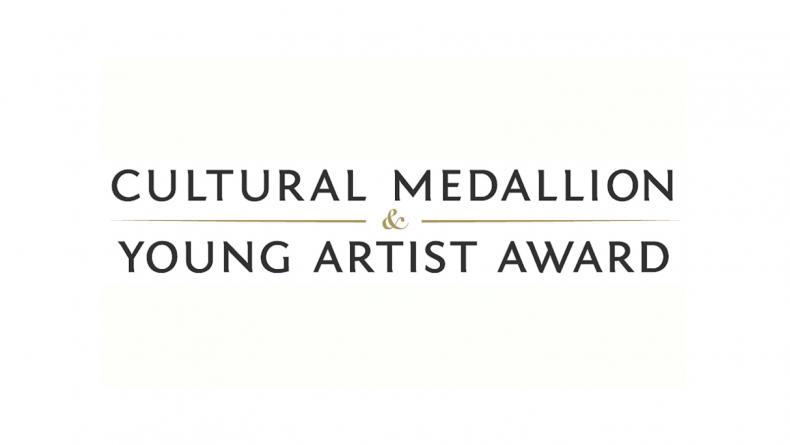
The Straits Times Life! Theatre Awards
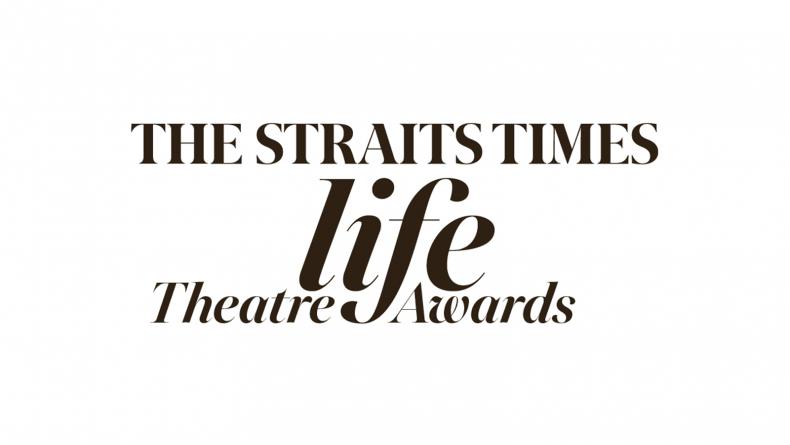
Faculty
Campus tour
